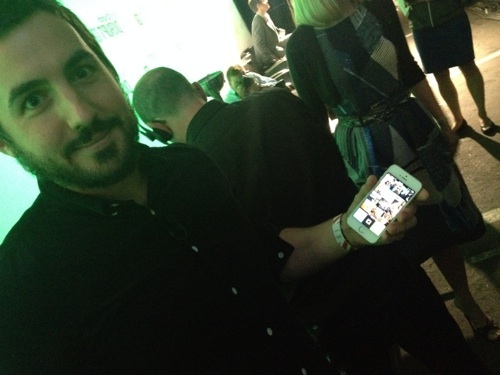Like many people I’ve been fascinated by the Sony hacks. So much interesting information (and gossip) about the inner workings of a major movie studio.
I was also waiting for Sony to start balking at the re-publication of a lot of that information by the news sites. And sure enough, they’re now calling it stolen information, and threatening publications that are sharing it with the public.
It reminds me distinctly of the situation we found ourselves in in 2009 when a hacker delivered a truckload of internal Twitter information. See In Our Inbox: Hundreds Of Confidential Twitter Documents. See the updates to that post for how it all played out.
Twitter also halfheartedly threatened to sue us over the publication of that information, although we felt that we were on pretty firm legal ground in moving forward. People were both fascinated with the information, and enraged that we would publish it. Some comments we received:
I think it is unbelievable that we are able to read this documents. This could very well be one of the most powerful internet companies since Google and Facebook and here we are reading their private company notes.
Posting any of the information is unethical. The information is stolen property of a legal company, and releasing that information to the public without the consent of said company is quite unethical. Releasing business strategies and funding information could also be the basis for unknown lawsuits due to damage caused to the company by early release of this confidential information. Its so nice to see that ethics are no longer ethical.
You are receiving stolen property, pure and simple. Now, I have a different perspective on this many others – I was an investigative reporter for many years. Many times, I had people offer me documents. However, a private company’s document are different matter. There is no “public right to know” what a private company’s plans are. The hacker stole them, pure and simple.
What you have done by posting this information is no different than “fencing” stolen merchandise of any kind. Using anything illegally obtained for personal gain is not right! Furthermore, it encourages more criminal activity (theft) and makes it “OK”.
etc.
We actually held back the personal and/or embarrassing information we had, because we thought it was the right thing to do.
In this case, the press is actually focusing on the really embarrassing stuff, the private emails that show drama between actors, directors, studio execs, etc.
Still, I don’t think there’s much of an ethical or legal question here (other than the distribution of the movies, which is a clear copyright issue). The data is out there and it’s going to be talked about. No matter how many threatening letters Sony sends.
And I see little or no public outrage over any of it.
The upside from situations like this is that companies might take security more seriously than before, and that’s a good thing.




